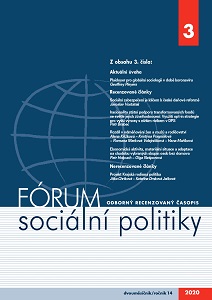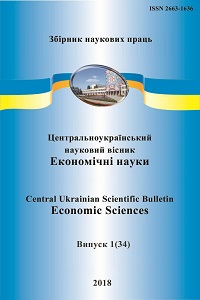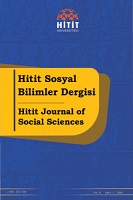Author(s): Liliia Koval,Sergiy Romanchuk / Language(s): Ukrainian
Issue: 33/2018
Possibilities of manifestation and development of innovative activity of Ukrainian workers are formed both under the influence of the system of external factors (globalization, global informatization, international competition, influence of the global financial crisis, etc.), and under the influence of a combination of various internal factors. Taking into account the specificity of innovation in the process of recruitment and reserve preparation, we consider it necessary to introduce a variety of methods for collecting information and assessments - interviewing, testing, testing, certification (including the application of an assessment of competitiveness); To offer individuals who are applying for a vacancy to provide a resume that gives an idea of labor experience, education, publications, inventions, business qualities, recommendations, etc. It makes sense to use different forms to prepare the reserve of staff: the replacement of managers at the time of holidays, illness, business trips, internships in other units, other organizations, training in courses, seminars, obtaining second education in educational institutions, participation in scientific and practical conferences and other. In the training of personnel it is important to focus on the training of a wide range of specialists who can flexibly use their knowledge for solving related tasks, it is important to conclude contracts for the training of management personnel in the field of innovative management, whose deficit is acutely tangible. In each region there should be close links between innovative enterprises and higher education, and ideas should be considered as the creation of educational, research and innovation complexes, which are united by innovative companies and universities. Consequently, the obstacles in the manifestation of innovation activity of hired workers in many enterprises serve a set of factors associated with the lack of management of innovative personnel activities, the imperfection of the organization of wages and the promotion of innovation content, features of the mentality, low innovation culture of employees, etc.
More...









